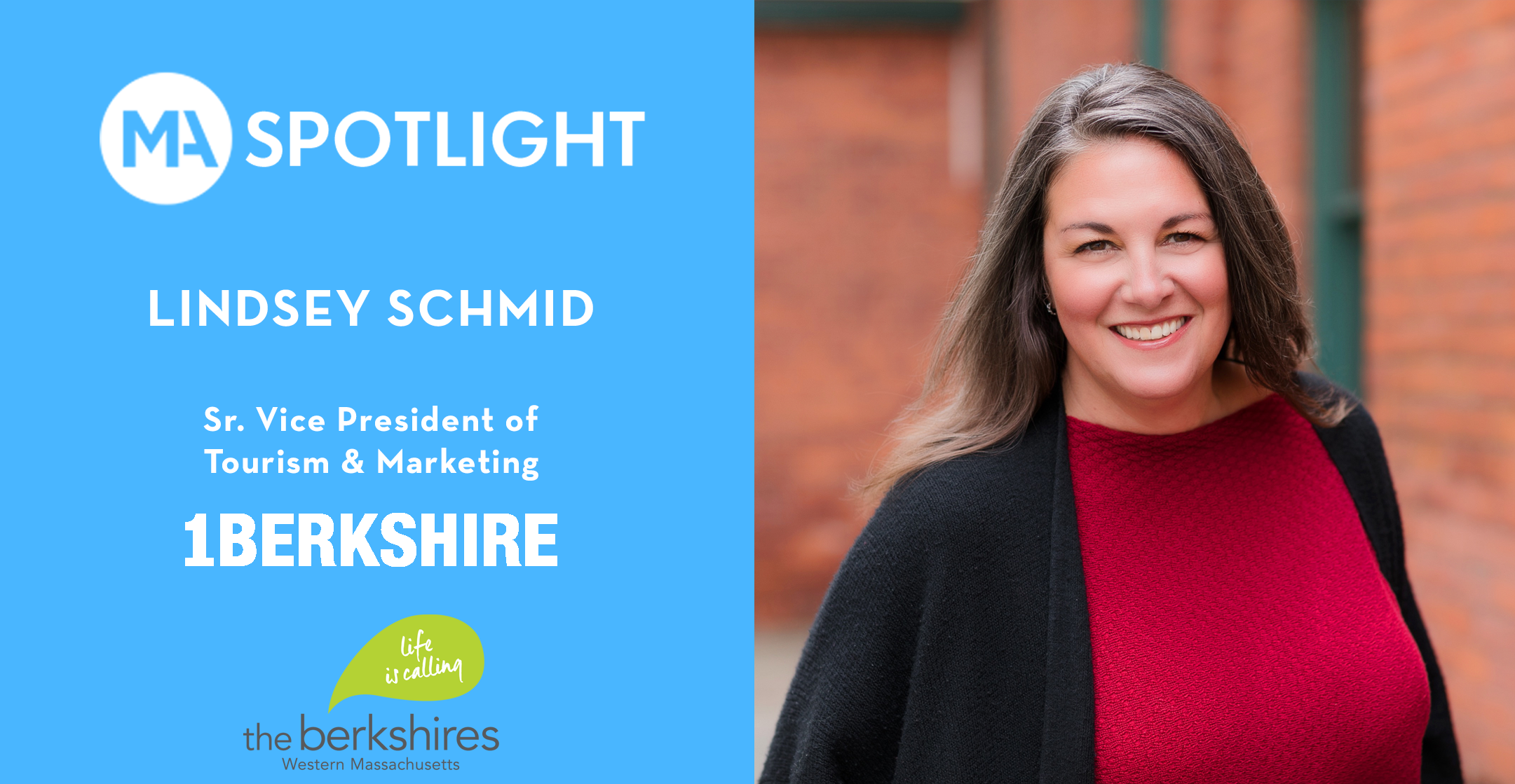Want to create an itinerary from this post?
Create a VisitWidget account and start creating your own sharable itineraries

Enriching Multicultural Tourism in Massachusetts
Carole Copeland Thomas is a thought leader and public speaker on diversity strategies, organizational development and women’s issues. As Chair of the Multicultural Committee of the Greater Boston and Visitor Bureau (GBCVB), Carole works with the state’s convention industry to identify opportunities for bringing new conventions, conferences and meetings to Massachusetts.
Tell us about the Multicultural Committee’s work, and current initiatives underway.
We support the efforts of the GBCVB in identifying multicultural groups interested in Boston and those whose conventions and meetings are forthcoming. Diverse professional societies, business associations, fraternities, sororities and medical associations are strategically important to our local economy.
Our committee is planning to host a “Meet and Greet” sometime in 2018. We will target local multicultural business leaders and community advocates who may not be familiar with our efforts. Hosted by a designated GBCVB member, this event gives our committee a prime opportunity to learn how a collaborative effort with our committee helps to drive more meetings to our city.
 National Association of Black Journalists Convention, source and credit: National Association of Black Journalists
National Association of Black Journalists Convention, source and credit: National Association of Black Journalists
Black History Month in February is a great way to promote the Commonwealth’s African-American history, culture and neighborhoods. How do you get visitors and residents involved?
The longevity and legacy of Black History Month provide an ideal springboard to talk about and showcase all of the rich histories throughout Massachusetts to visitors and residents. To date, our committee has held three online video programs featuring key destinations and historical events that in part celebrate Black History. We also have a webpage connected to the GBCVB website, dedicated to our committee and the work that we do.
Additionally, my company hosts an annual Black History Breakfast. Our next Breakfast is scheduled for March 15, 2018, and co-hosted by the Colonnade Hotel in Boston. The GBCVB is a proud sponsor of the Breakfast, and our committee attends.
We shifted the event to March to dodge precarious weather conditions associated with February. More information can be found here.
You described Thanksgiving as “a multicultural miracle for the Pilgrims who would have died had it not been for the supportive actions of the Wampanoag Indians of Massachusetts.” How do the lessons of history inform our contemporary approach to inclusion and tolerance?
People forget that America has always been diverse! The giving spirit of the Indigenous people of this land helped keep inexperienced Pilgrims from certain death by teaching them crop rotation techniques and other life skills that helped keep them alive during the early years of the colonies.
Although the fate of the early Indigenous people in the hands of ambitious Americans caught in the mantra of “Manifest Destiny” did not turn out well for them, we still must tell the entire history of the Wampanoags, the other tribal groups and every single ethnic group that has made this country what it is today.
 “First Thanksgiving at Plymouth,” Jeannie Brownscombe, 1914, source: Faith and History
“First Thanksgiving at Plymouth,” Jeannie Brownscombe, 1914, source: Faith and History
A proposed memorial to Dr. Martin Luther King in Boston is moving forward and will be a terrific tourist attraction in the years to come. How will this memorial complement the existing historical and multicultural assets of the city where Dr. King studied and once lived?
All you have to do is look at the great success of the MLK Monument and the African American Museum in Washington DC to realize that a King memorial in Boston will provide a new way to connect Boston to the historical contributions of our country. Dr. Michael Haynes, Pastor Emeritus of Twelfth Baptist Church in Roxbury knew Dr. King when he was a graduate student in Boston. Reaching out to celebrated persons like Dr. Haynes and many others who knew Dr. King would be a wonderful way to “localize” this iconic figure to our city.
There are countless ways that an interactive, multimedia memorial site can generate new interest from visitors, travelers, students and the local Boston community.
Thank you, Carole.
Want to create an itinerary from this post?
Create a VisitWidget account and start creating your own sharable itineraries



